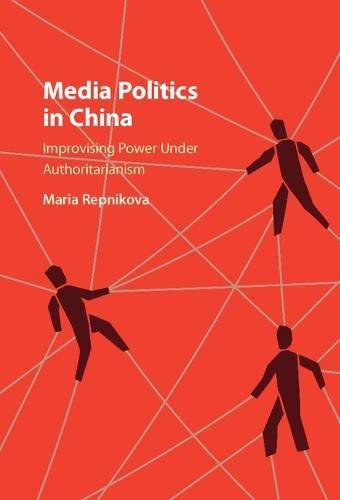
MediaPoliticsinChina
[ 政治学 ]
1
0
推荐者:百科书库 2023-04-08 20:06:29
本书简介
- 作者:MariaRepnikova
- 出版社:CambridgeUniversityPress
- 副标题:ImprovisingPowerunderAuthoritarianism
- 出版年:2017-6-15
- 页数:264
- 定价:USD99.99
- 装帧:Hardcover
- ISBN:9781107195981
In this engaging analysis, Maria Repnikova uncovers the complexities of the partnership between critical journalists and the state in China. Despite being commonly perceived as either a passive mouthpiece or a dissident voice, the media in China actively serves as an essential watchdog, a role typically attributed to liberal democracies rather than authoritarian systems. Who exactly oversees the party-state in China? The answer is revealed in the intricate webs between the media and the government.
作者简介
Whowatchesovertheparty-state?Inthisengaginganalysis,MariaRepnikovarevealsthewebsofanuneasypartnershipbetweencriticaljournalistsandthestateinChina.Morethanmerelyapassivemouthpieceoradissidentvoice,themediainChinaalsoplaysacriticaloversightrole,onemorefrequentlyassociatedwithliberaldemocraciesthanwithauthoritariansystems.Chinesecentralofficialscautiouslyendorsemediasupervisionasafeedbackmechanism,asjournalistscarveoutspaceforcriticalreportingbypositioningthemselvesasaidingtheagendaofthecentralstate.Drawingonrareaccessinthefield,MediaPoliticsinChinaexaminestheprocessofguardedimprovisationthathasdefinedthisvolatilepartnershipoverthepastdecadeonaroutinebasisandintheaftermathofmajorcrisisevents.CombinedwithacomparativeanalysisofmediapoliticsintheSovietUnionandcontemporaryRussia,thebookhighlightsthedistinctivenessofChinesejournalist-staterelations,aswellastherenewedpressuresfacingthemintheXiera.
相关推荐
变化社会中的政治秩序
塞缪尔·P·亨廷顿是美国最有影响力的政治思想家之一。他是哈佛大学艾伯特·J.韦瑟黑德三世教授、哈佛大学政府系讲座教授及约翰·M·奥林战略研究所所长。曾在卡特政府国家安全委员会任职,为当时国家安全事务顾 [美]塞缪尔·P·亨廷顿 2023-04-08 23:41:01哈耶克文选
《哈耶克文选(精)/人文科学译丛》是由弗里德里希·冯·哈耶克编著的,收录了他在20世纪50至70年代期间写作的论文和在各地演讲的40篇文稿,其中包括名篇《从中可以清晰地看到他从专业经济学家逐渐成长为一 [英]弗里德里希·冯·哈耶克/[英国]哈耶克 2023-04-08 23:41:44追寻富强
16世纪后,欧洲列强倚仗航海大发现,凭借工业革命带来的先进科技,在世界各地扩张。20世纪初,欧洲殖民的触手遍及全球各处,1914年,全球84.4%的土地都在欧洲人的统治之下。庞大如莫卧儿帝国,广袤如非 [美]斯蒂芬·哈尔西 2023-04-08 19:15:211919
台灣獨立、阿拉伯之春、庫德族獨立、伊斯蘭國問題……一切的理論和歷史,都從1919年、无可回避的「威尔逊时刻」开始。威尔逊式国际性主义,共产党式国际主义,在1919年就展开对决,直到今天。如果不想要达尔 埃雷斯.馬內拉(ErezManela) 2023-04-08 19:17:39© 2023-2025 百科书库. All Rights Reserved.


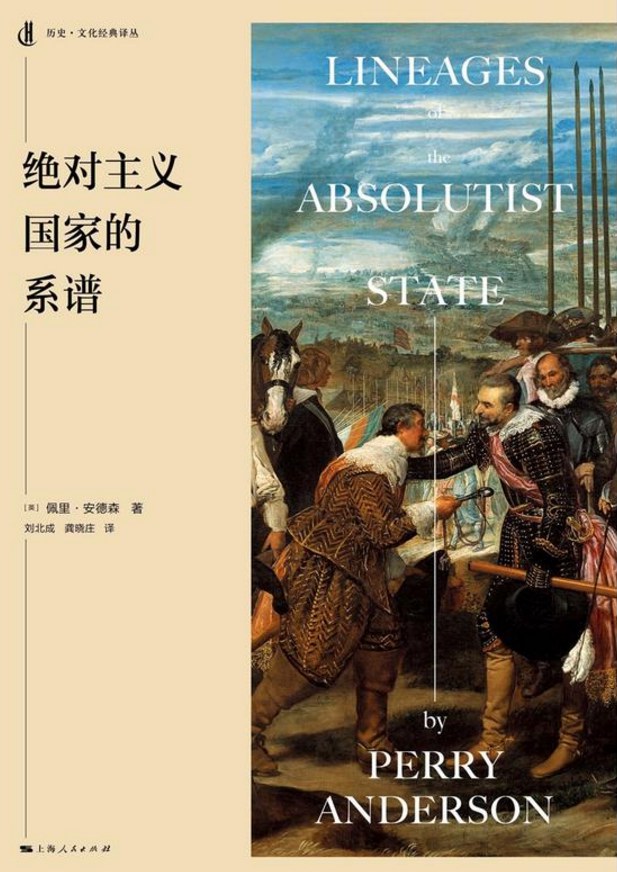
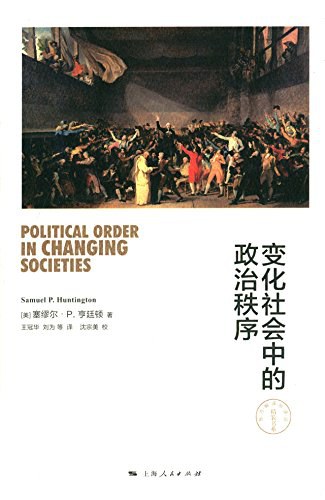
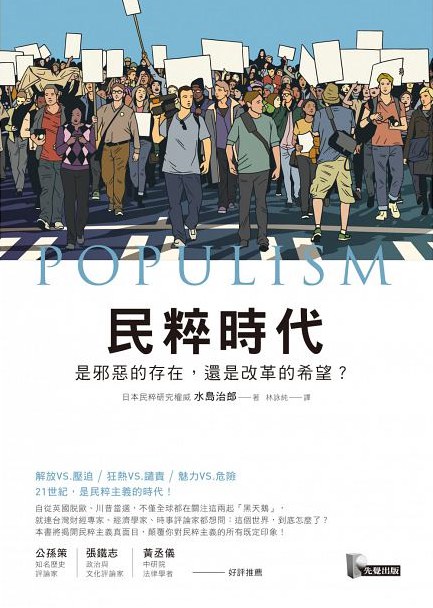
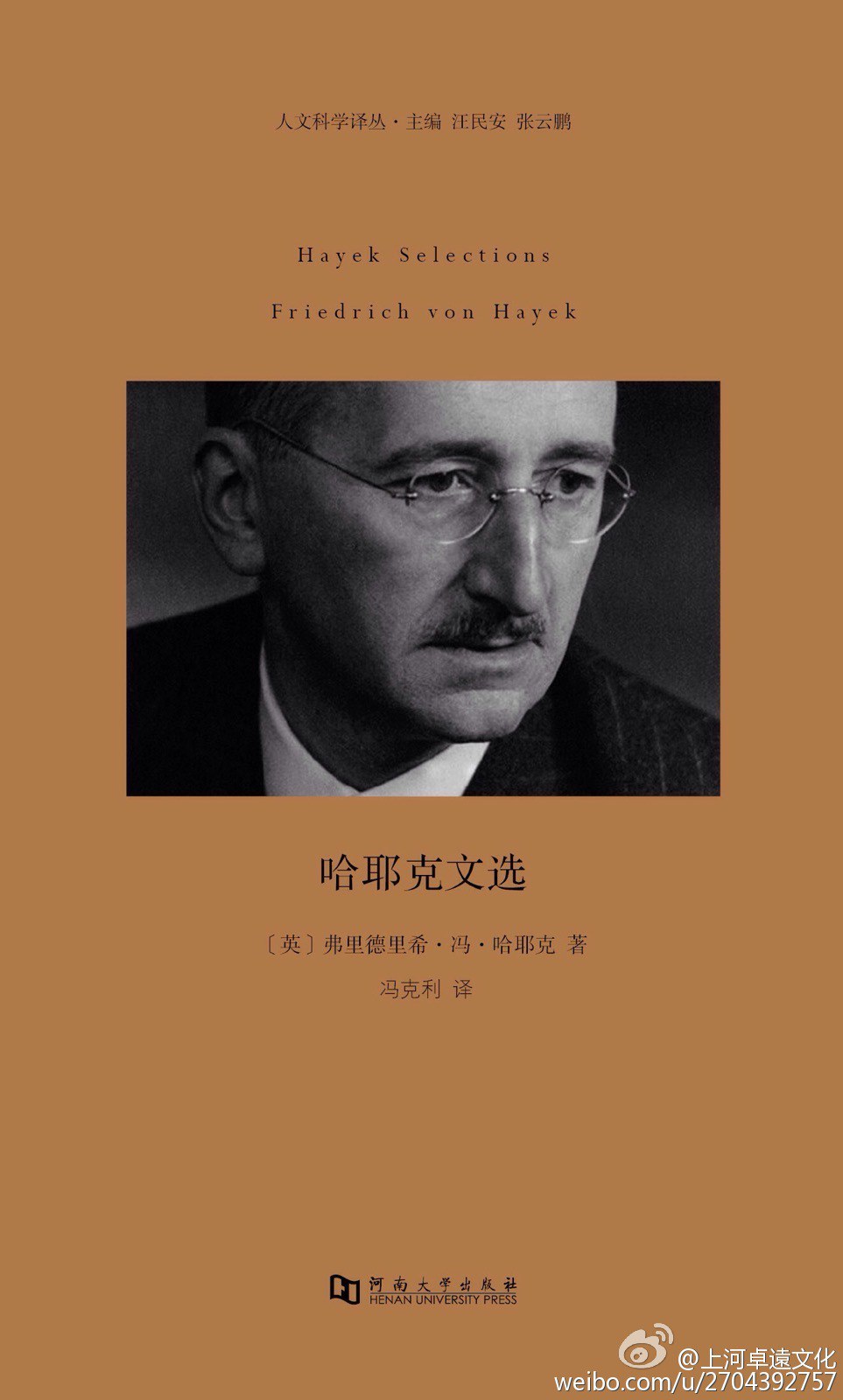
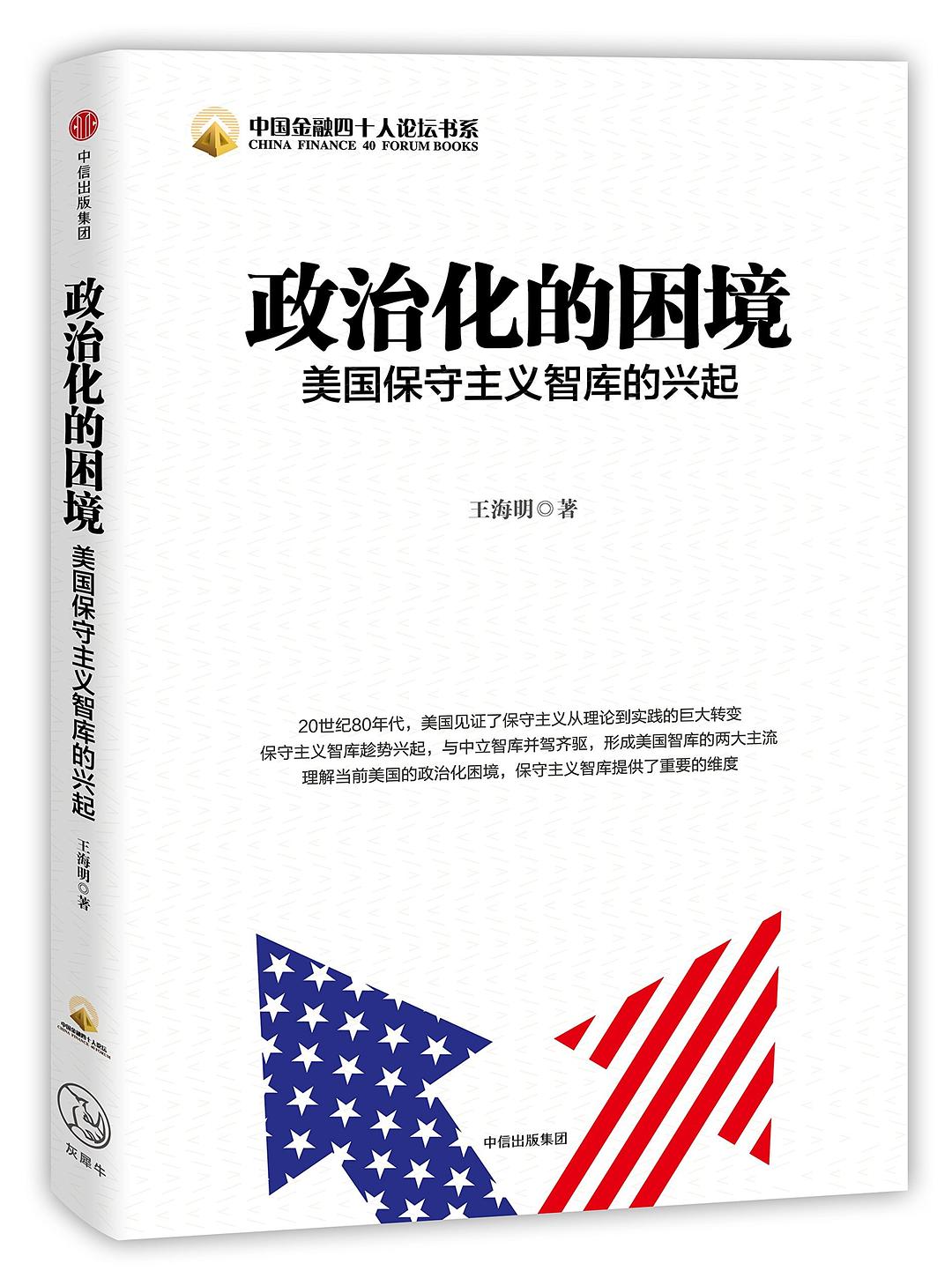
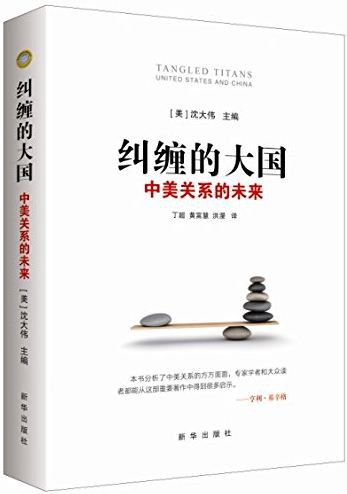
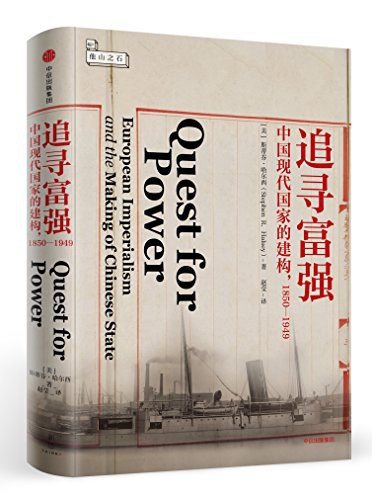
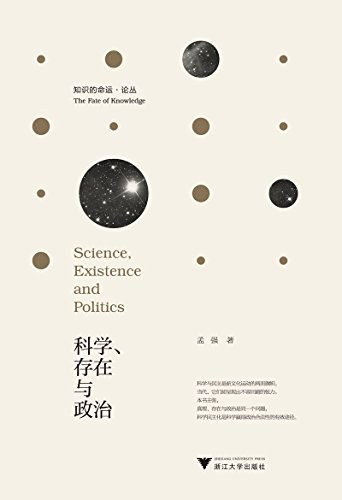
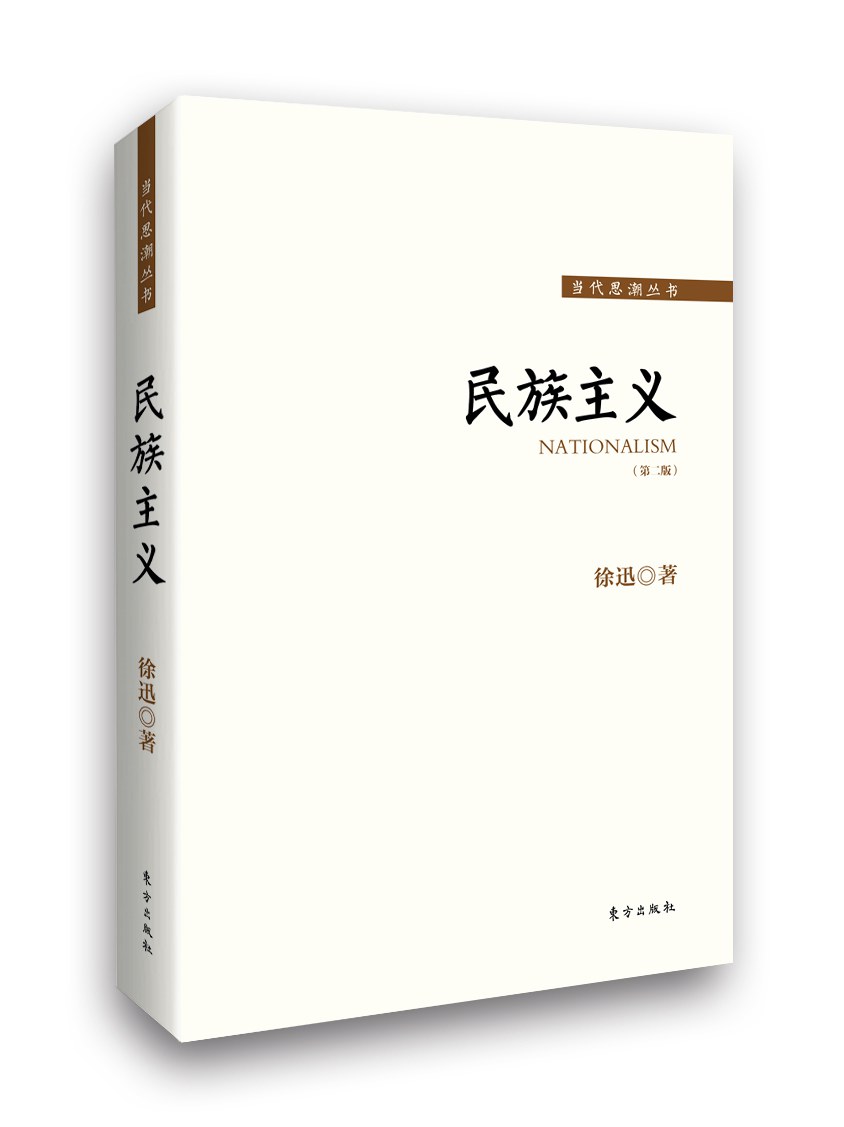

发表评价